Recently, Sudan’s war economy has begun to revolve around a single commodity: gold. For the Rapid Support Forces, controlling mines and smuggling routes means more than profit, it means survival. But the deeper story is not just about gold or guns. It is about how this shadow economy is starting to backfire on the one country that thought it could control both sides.

The Rapid Support Forces are using gold exports as their primary source of funding, thereby securing steady access to fuel, weapons, and ammunition. While some of this gold is sold through formal networks in the United Arab Emirates, a significant amount is smuggled out of Sudan through routes into Chad, the Central African Republic, and directly to buyers in Asia, Russia, and the Gulf. This allows the Rapid Support Forces to sustain operations independently of Sudan’s central banking system and international oversight, effectively creating a parallel war economy.

The Rapid Support Forces are fighting a prolonged civil war against Sudan’s government, and can therefore not rely on state institutions for funding, logistics, or protection. However, the RSF controls a large part of Sudan’s gold mines, making gold the most accessible and tradeable resource to fuel their campaign. The government, meanwhile, is backed by several foreign powers, including Russia, Iran, North Korea, and Egypt.

This leaves the Rapid Support Forces internationally isolated and under sweeping sanctions, imposed for their role in genocidal campaigns in Darfur and elsewhere. Their reliance on gold is not just a convenience, it is a necessity for sustaining the war.

To move this gold, the group bypasses the formal financial system. Gold is smuggled by air and over land, using private contractors and courier networks. Unmarked shipments have been traced to refineries in Mali and the United Arab Emirates, with a portion eventually making its way to Russia, where it is integrated into broader international gold markets.
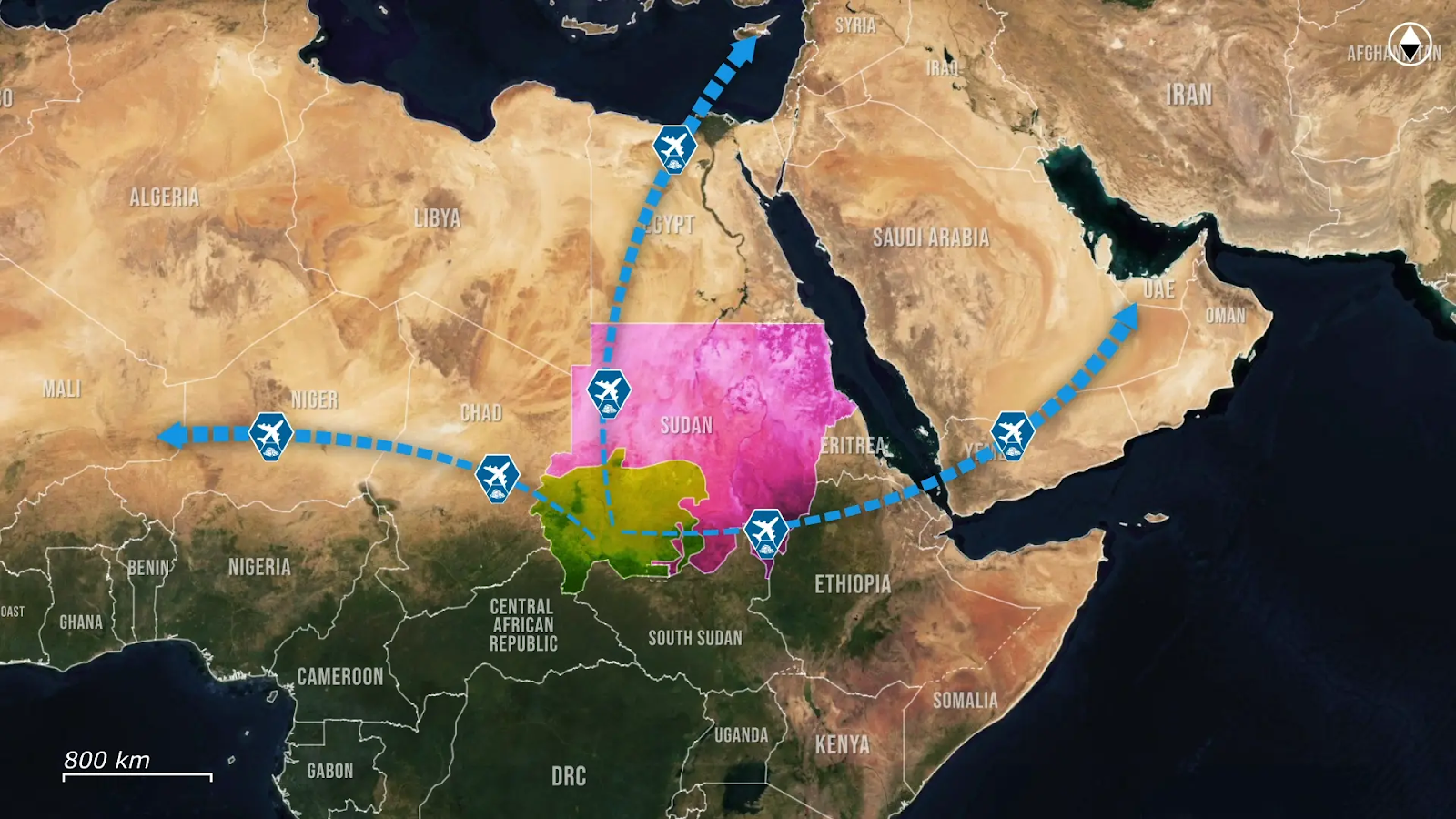
In return, the Rapid Support Forces receive drones, small arms, and fuel. These flows operate entirely outside the banking system and are made to avoid detection, giving the group long-term sustainability.

In practical terms, the RSF’s war is paid in gold, and this creates a complication for Russia. Because the rebels have a steady funding stream, the Sudanese government is under pressure to cut off their access. But Russia, which wants to maintain relations with both sides, now finds itself caught in the middle.

While Russia supplies weapons and intelligence to the Sudanese government, networks tied to the Wagner Group have continued arming the Rapid Support Forces, and facilitating their illicit gold for guns trade.

The goal is not loyalty, but leverage. By backing both sides, Russia ensures that whichever faction prevails will owe it a debt. And that debt could be used to preserve Russia’s naval foothold at Port Sudan, a critical node for projecting influence into the Red Sea and across the Sahel. This balancing act was intentional, but it is becoming increasingly costly.

Last month’s strike on the Russian base in Port Sudan changed how this balancing act is seen. The Rapid Support Forces have denied responsibility, but Sudanese government sources blame them directly. Either way, the attack exposed the fragility of Russia’s strategy. Dual support may bring short-term leverage, but it also creates resentment. Russia is no longer seen as a neutral partner. That weakens its positions with both sides and threatens the long-term viability of its naval presence.


Sudan’s regular army may soon demand that Moscow stop helping the rebels, be it directly or through intermediaries.

Now Moscow faces a dilemma: it can keep playing both sides and risk being shut out by whichever side wins, or it can pick a favorite, at the cost of losing influence with the other faction. A third option is that both camps begin to treat Russia as an unreliable broker. In that case, neither side would welcome deeper cooperation, and Russia’s access to Sudanese ports, minerals, and influence could collapse altogether.

Overall, Russia’s double game in Sudan is being stretched to its limit. By supporting both the state and the rebel forces, Moscow hoped to guarantee access to strategic infrastructure no matter who won. But gold is not a neutral currency; it sustains the conflict, prolongs the war, and exposes Russia to blowback from both factions. If Moscow continues to sustain both sides of the war, it may find itself losing them both.



.jpg)

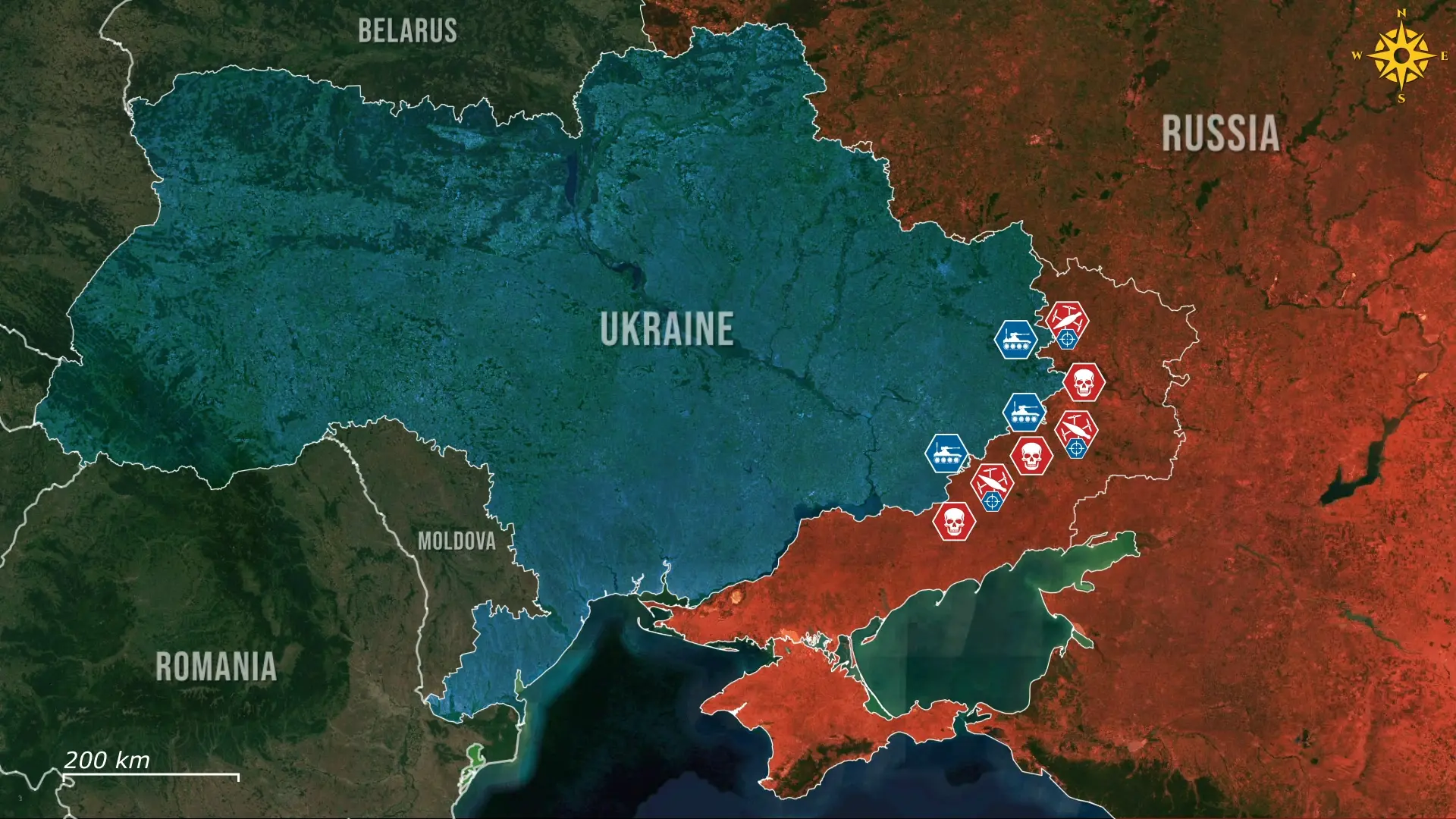
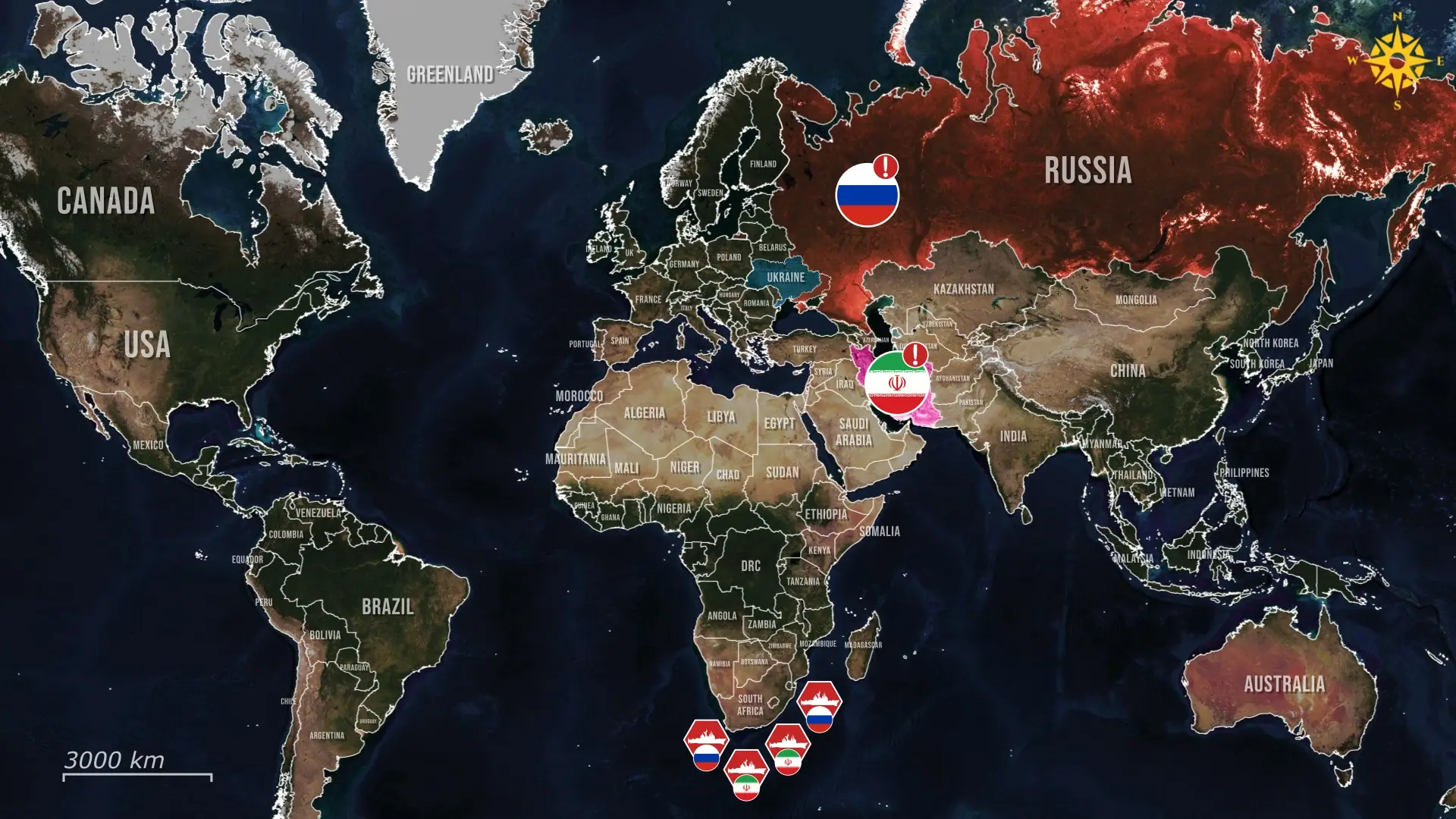
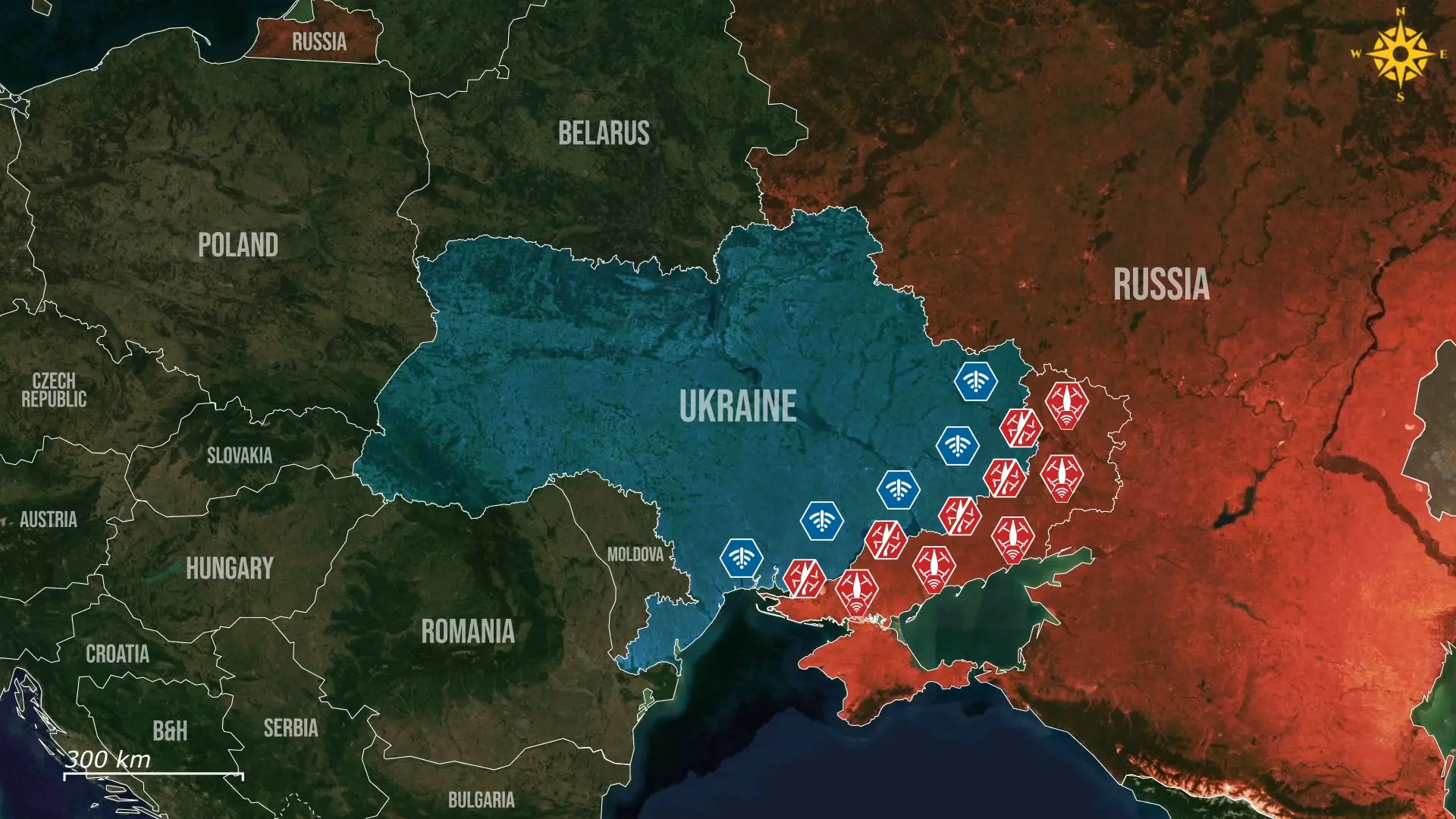
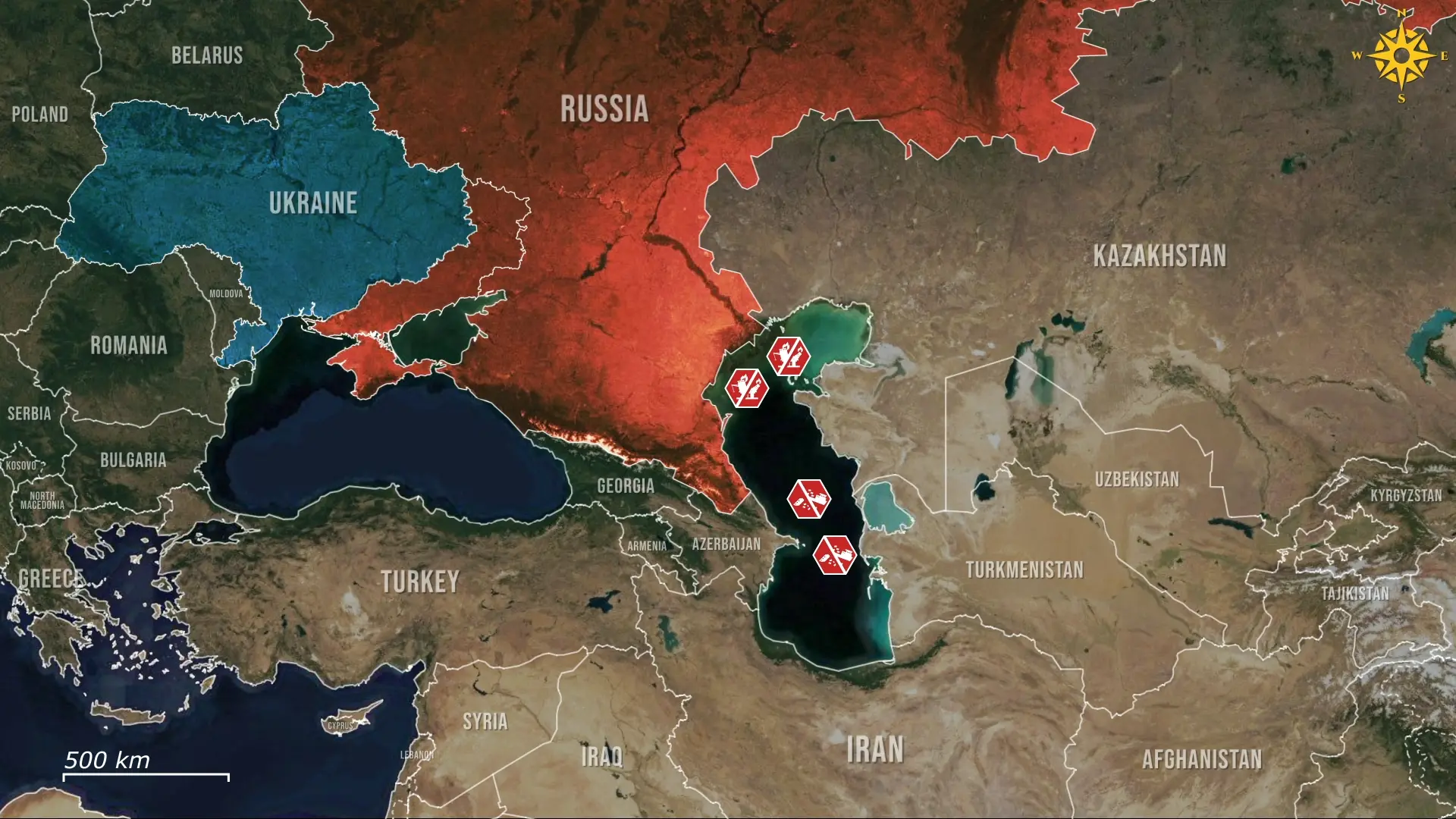
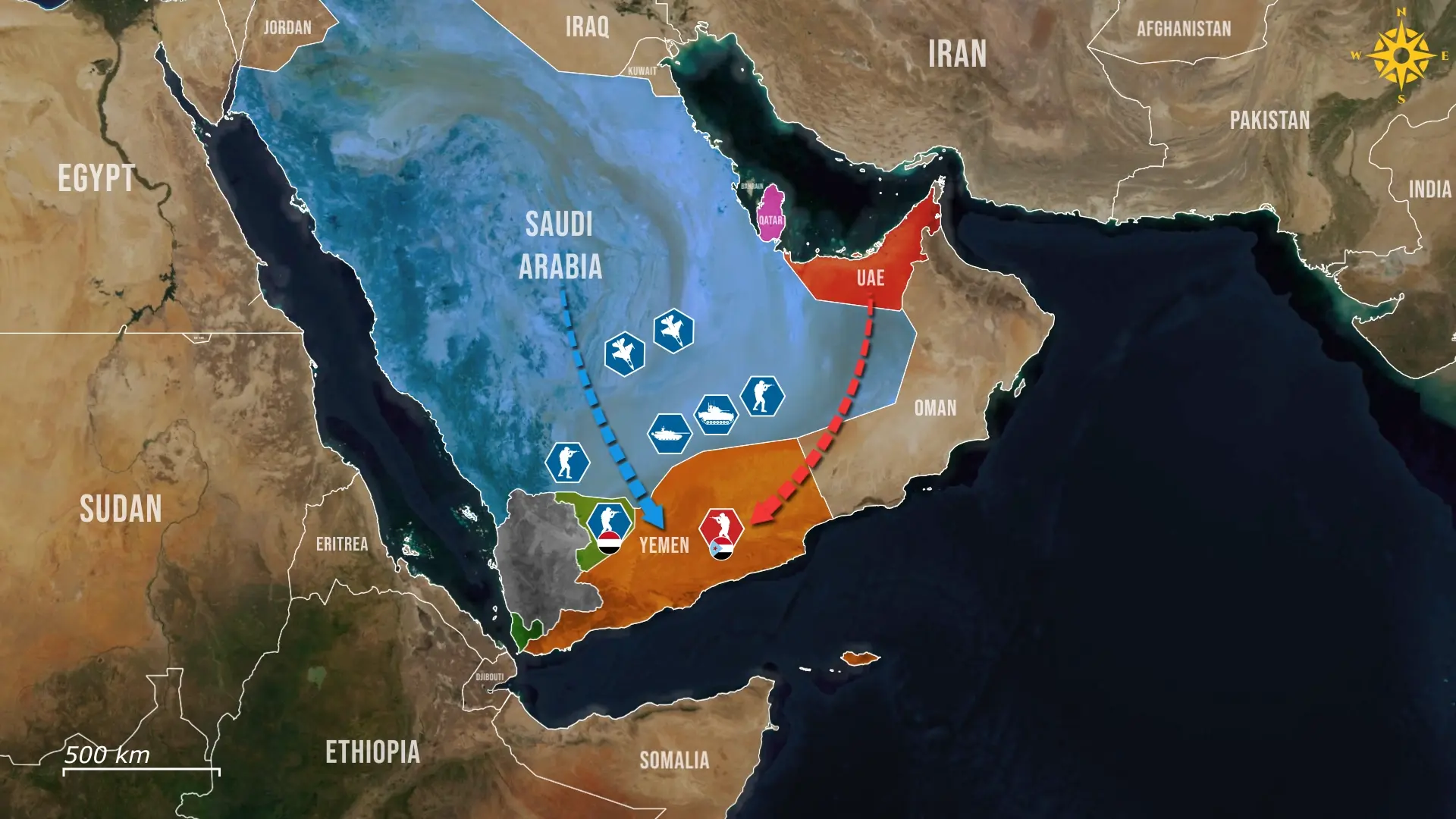
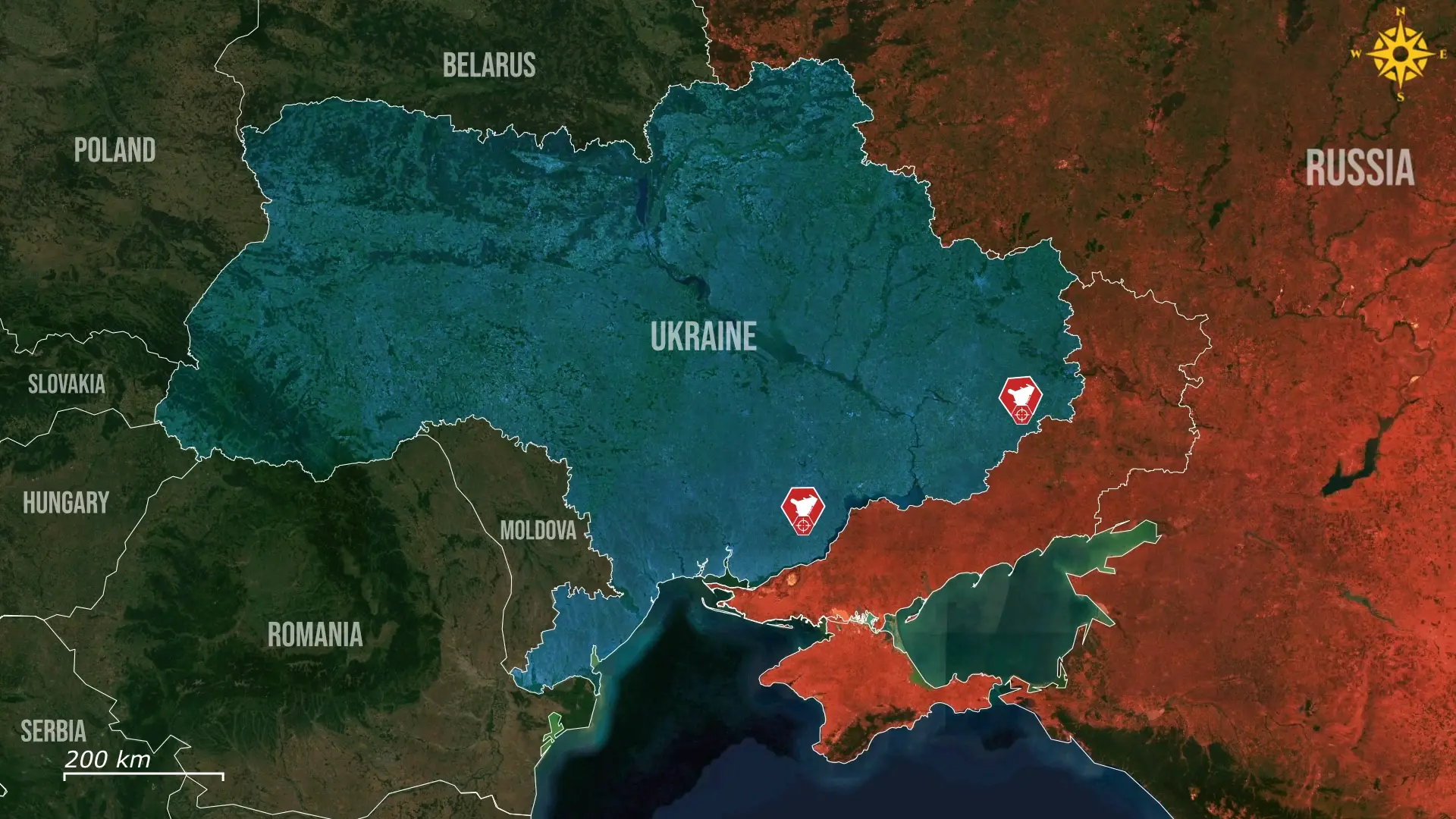
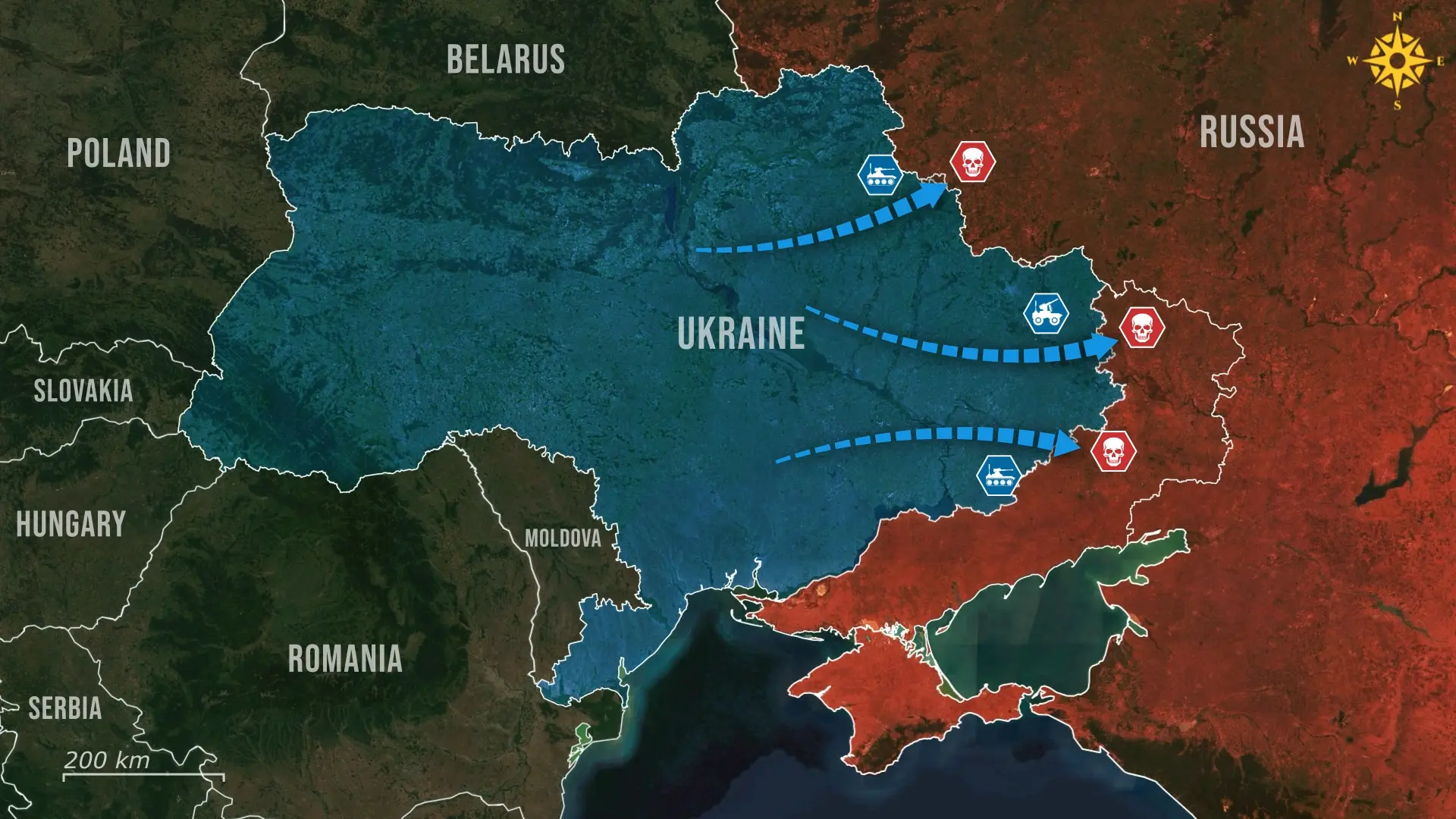
Comments